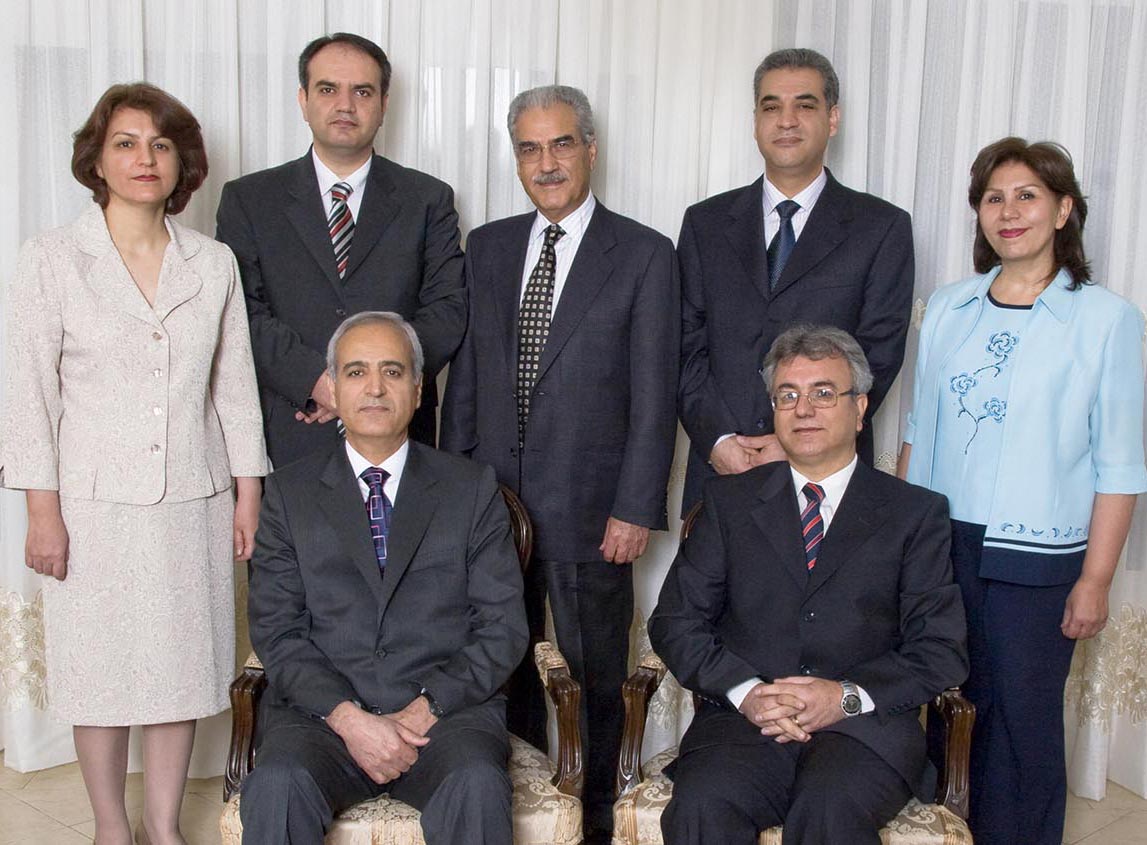
Twenty year jail sentences imposed on seven innocent Iranian Baha’i leaders are part of a systematic campaign to eradicate the Baha’i community as a viable entity in Iran, an Australian Baha’i Community spokesperson, Tessa Scrine, said today.
“This campaign of religious persecution is sponsored and energetically pursued by the Iranian government in order to suffocate the Baha’i community,” Ms Scrine said.
“It is a shocking example of ‘cultural cleansing’,” she said.
“The sentencing of the seven leaders last week is clearly an attempt to decapitate the leadership of the 300,000-strong Baha’i community, Iran’s biggest non-Muslim religious minority,” she said.
“We call upon the Iranian authorities to immediately release the seven on bail and to ensure that there is a fairly conducted appeal that respects international standards of jurisprudence.”
Ms Scrine said the campaign by the Iranian authorities also includes:
- dawn raids on Baha’i homes
- imprisonment of scores of Baha’is
- circulation of lists of Baha’is with instructions that their activities be secretly monitored
- destruction of Baha’i cemeteries and holy places
- arson attacks on businesses
- banning Baha’is from universities
- vilification of Baha’i children in their classrooms by their teachers
- daily incitement to attacks by the government-sponsored mass media
Relatives in Australia
“Australia is home to siblings of two of the leaders as well as other close relatives who are naturally very worried about their safety,” said Ms Scrine, who said prayer gatherings for the seven will be held throughout Australia and the world.
“We are grateful to the Australian Government for joining the international outcry by governments around the world at the sentencing of these law-abiding and non-violent people,” she said.
Seven
The seven Baha’is who were sentenced are: Fariba Kamalabadi, Jamaloddin Khanjani, Afif Naeimi, Saeid Rezaie, Mahvash Sabet, Behrouz Tavakkoli, and Vahid Tizfahm.
They were all members of a national-level group that, with the government’s longstanding knowledge, helped see to the minimum spiritual needs of Iran’s Baha’i community.
Since the sentencing, they have reportedly been moved from Evin Prison in Tehran to Gohardasht Prison in Karaj, away from the capital.
Nobel laureate
Nobel laureate Shirin Ebadi, whose Defenders of Human Rights Centre represented the Baha’i defendants, said she was “stunned” by the reported 20-year jail terms.
“I have read their case file page by page and did not find anything proving the accusations, nor did I find any document that could prove the claims of the prosecutor,” said Mrs Ebadi in a television interview broadcast on 8 August by the Persian-language service of the BBC.
Historical background
Since 1979, Iran’s 300,000-strong Baha’i community has endured a government-sponsored, systematic campaign of religious persecution. In its early stages, more than 200 Baha’is, including teenage girls, were executed and at least 1,000 were imprisoned and tortured, solely because of their religious beliefs.
In the early 1990s, the Iranian government shifted its focus to social, economic and cultural restrictions aimed at slowly suffocating the community and its development. Measures included depriving Baha’is of their livelihood, destroying their cultural heritage, and barring their young people from higher education.
Since 2005, there has been a resurgence of more extreme forms of persecution, with increasing arrests, harassment, violence, and arson attacks on Baha’i homes and businesses.
Note: Special Report – “The Trial of the Seven Baha’i Leaders”
The Baha’i World News Service has published a Special Report which includes articles and background information about the seven Iranian Baha’i leaders – their lives, their imprisonment, trial and sentencing – and the allegations made against them. It also offers further resources about the persecution of Iran’s Baha’i community.
